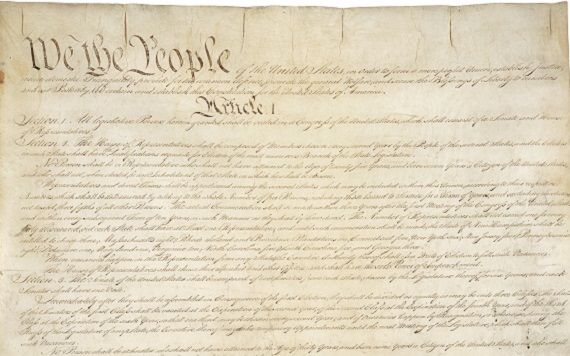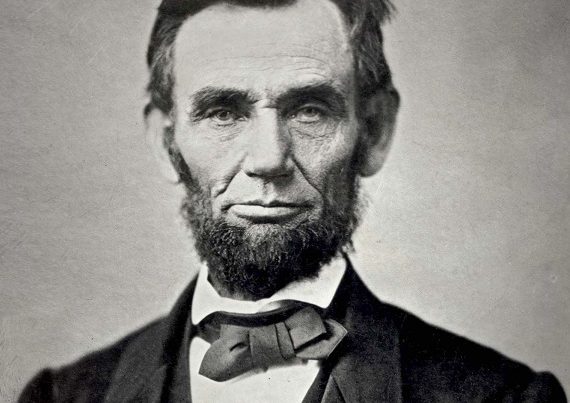About two weeks after Texas Confederates surrendered on June 2, 1865, Union Major General Gordon Granger arrived in Galveston to take command of the state’s occupation troops on June Nineteenth. On that day he ordered soldiers to post bulletins around town notifying the public that all persons held as slaves had been freed by virtue of Lincoln’s Emancipation Proclamation on January 1, 1863. The notice was considered necessary because parts of Texas were a frontier where news travelled slowly. The first annual celebration happened the following year on June 19, 1866. Thereafter, the day was seldom commemorated outside of Texas until the Twenty-First Century.
In truth, however, neither Juneteenth nor the Emancipation Proclamation freed any slaves in the United States. Lincoln’s proclamation only applied to those parts of the Confederacy where his Army had military control. As the London Spectator wrote: “The [Lincoln’s] principle is not that a human being cannot justly own another, but that he cannot own him unless he is loyal to the United States.” To definitively end slavery, the United States had to amend its constitution to outlaw the practice. The resulting Thirteenth Amendment was not ratified until December 6, 1865—almost six months after Juneteenth.
Additionally, the pre-carpetbag Southern state governments were a key to the Thirteenth Amendment’s adoption. Although the amendment was first proposed in Congress and received the necessary two-thirds supermajority vote in both Congressional chambers, it could not amend the United States Constitution until three-fourths of the states also ratified it. Even though states began ratifying it promptly in February 1865, progress quickly stalled. By March 9th only 19 of the required 27 states had approved it. Moreover, only three additional Northern states voted in favor of ratification between March 9th and December 6th. Ironically, the amendment was only ratified after five former Confederate states—Tennessee, Arkansas, South Carolina, Alabama, North Carolina, and Georgia—joined Louisiana to place the Thirteenth Amendment in the Constitution.
Let it be noted that blacks could not vote in any of the six Southern states listed above that ratified the Thirteenth Amendment ending slavery. They were governments of white Southerners, many of whom had fought for the Confederacy. They were ready to end slavery. Their administrations predated the dictatorial Republican-controlled puppet regimes enabled by the 1867 Reconstruction Acts and the resultant 1868 Fourteenth Amendment.







Now that is an inconvenient truth. Thanks for sharing this.
Great article. To bad the truth about the Civil War is not taught in school. I’m in my 60’s and still remember learning about Alabama history. Sad that Our Heritage and History is being polluted by the progressive totalitarian communists marxists party. The yellow dog democrats have succumbed to the left.
Simple question to ask our Northern neighbors: If Lincoln’s proclamation of 1863 ended Slavery what was the purpose of the 13th Amendment?
The purpose of the emancipation proclamation was primarily one of military necessity. And also to ease the people of the United States into accepting the end of slavery. Not only did it free the slaves in the South, it allowed for former slaves to enlist in the Union army. An important step towards the eventual freeing of every slave that the 13th Amendment achieved. (By showing the average American that the former slaves had earned their freedom) Also, it reinforced the idea that the war was over slavery. Which all but ended the support the South was close to getting from countries in Europe. As all European powers had outlawed slavery by that point.